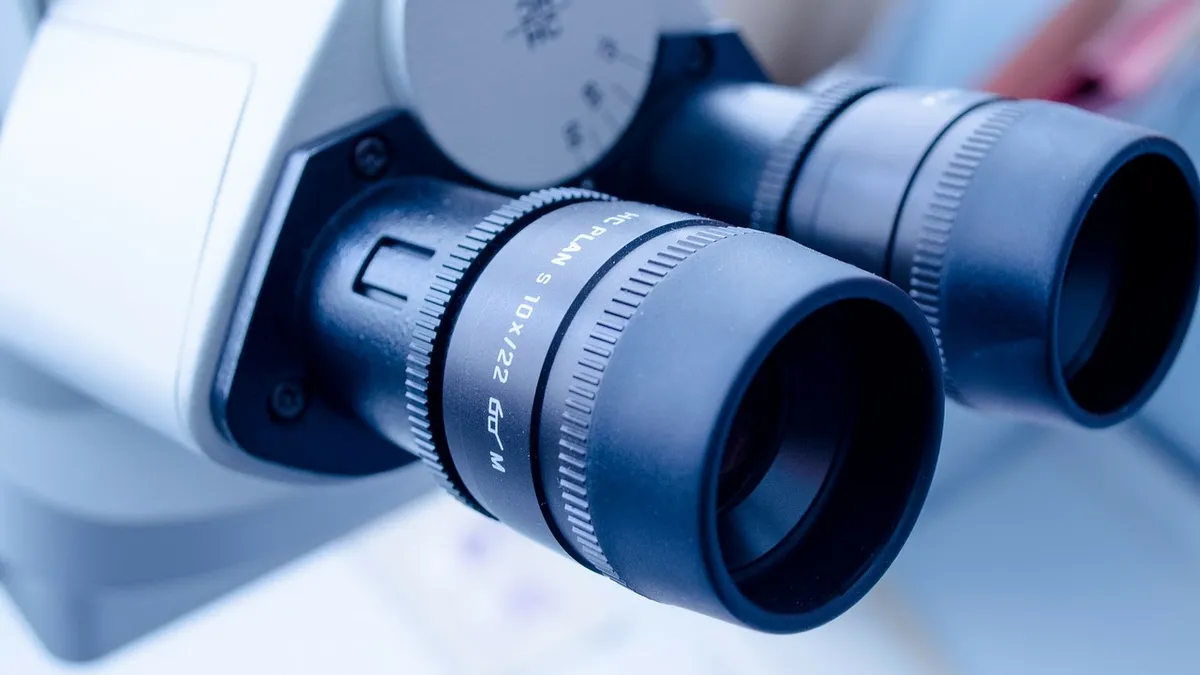Dive Brief:
- The U.K.’s Competition and Markets Authority (CMA) said Wednesday Thermo Fisher Scientific’s proposed $925 million acquisition of Roper Technologies’ Gatan business raises concerns that customers using specialized microscopes could face higher prices or lower quality products.
- The U.K. watchdog said the pending merger will be referred for a phase 2 investigation unless the companies provide acceptable solutions to address its competition concerns.
- Thermo Fisher and Roper, in a brief statement, said that the deal requires further review by the CMA and that both companies continue to cooperate with the agency through the review process. The companies said other regulatory approval conditions have been satisfied.
Dive Insight:
Thermo Fisher announced its plan in June to buy Pleasanton, California-based Gatan, maker of instrumentation and software to enhance the operation of electron microscopes. The Waltham, Massachusetts-based scientific instruments manufacturer had hoped to complete the acquisition by the end of this year. Gatan has 320 employees and was projected to generate about $150 million in revenue in 2018.
Gatan produces specialized add-ons, or “peripherals,” such as filters, cameras and detectors, for microscopes used by U.K. universities and other customers.
The CMA said it is concerned the merger could allow Thermo Fisher to weaken its competitors, noting that the company has two rivals that use Gatan peripherals with their electron microscopes and have limited or no alternatives to those products.
The U.K. watchdog also said its investigation has determined that the deal would leave Thermo Fisher with insufficient competition in the market for direct detection cameras. Gatan is one of only two companies that supply these products, the CMA said.
Noting Thermo Fisher’s “already strong market position,” the agency said the acquisition could result in higher prices for customers across the sector and could weaken incentive for future product development.
Unless the two companies are able to assuage CMA's concerns, a group of independent panel members will move forward with the in-depth phase 2 investigation.










